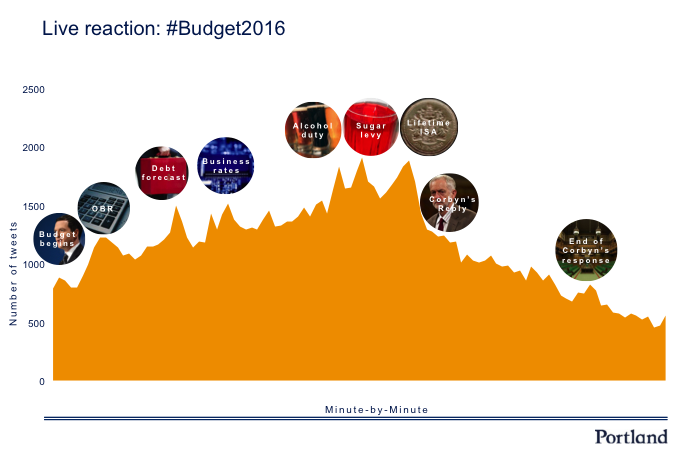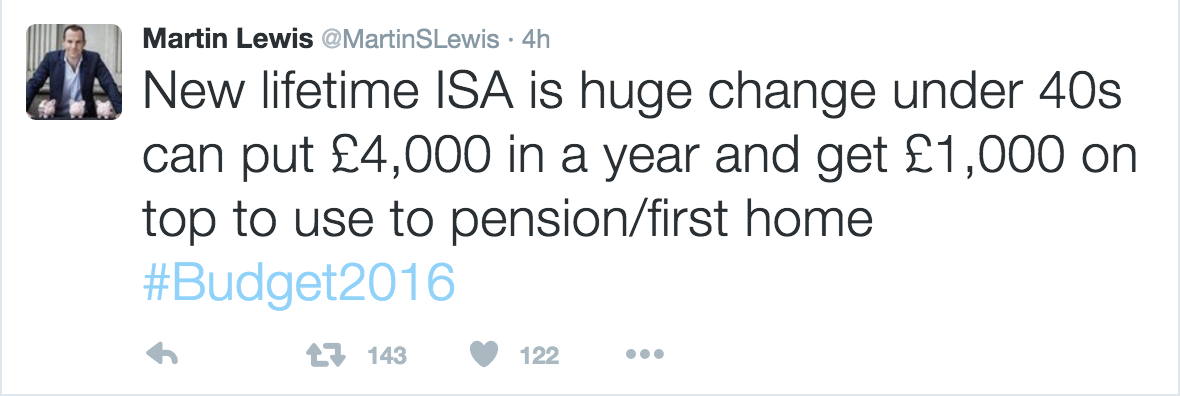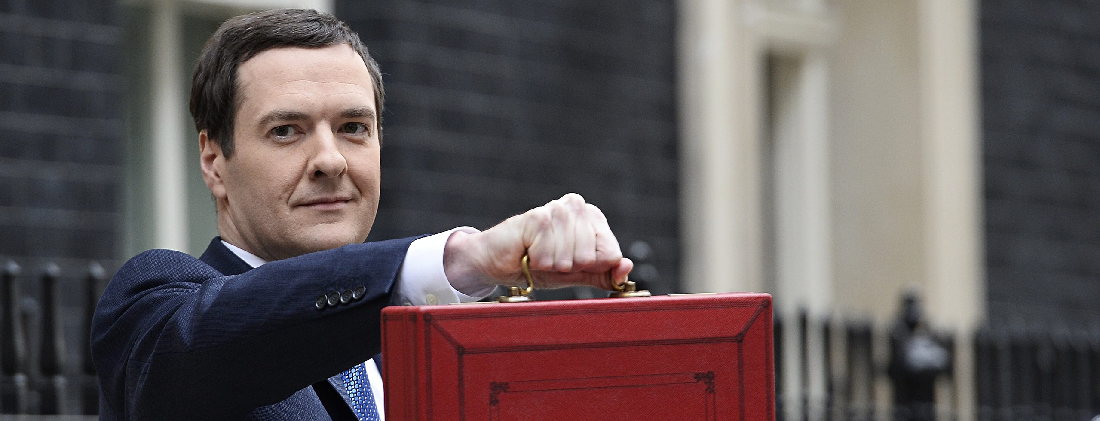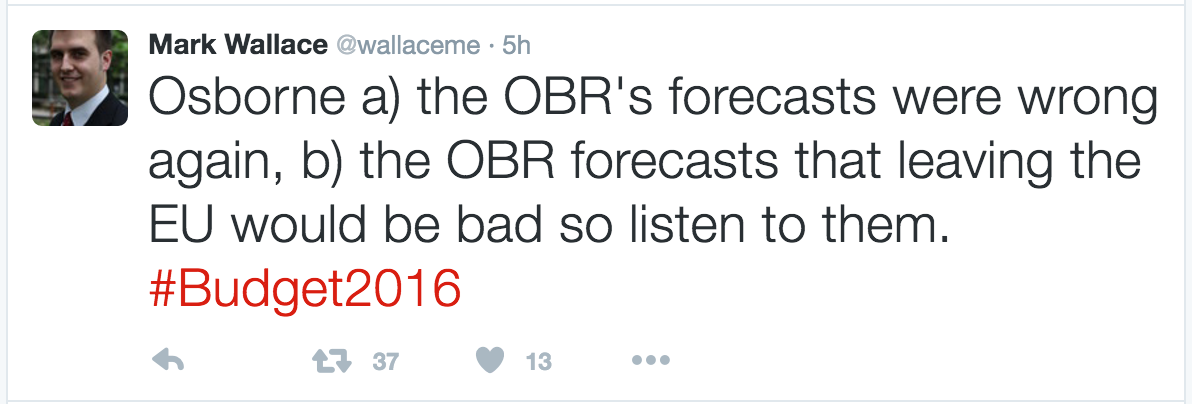SAVERS and small business owners were the toast of George Osborne’s eighth Budget as he dished out tax sweeteners for Britain’s “next generation”.
But the sweeteners turned sour for the soft drinks industry as he defied all predictions by effectively bringing in a sugary drinks tax.
Mr Osborne warned of growing dark clouds on the horizon for the UK economy and predicted it would grow far more slowly than he had forecast only a few weeks ago.
He promised to slash government spending further but gave no details about which Cabinet ministers would be winners or losers.
And he ordered multinational firms to put an end to their complex tax structures so he could raise more billions to help cut Britain’s debts.
Collectively, big business will fork out around £9billion in new taxes – which will go to smaller firms who will benefit by £7billion of breaks.
There were lower taxes for under 40s striving to save for their futures with a new lifetime ISA.
Those aged between 18 and 40 will be able to continue to save for pensions as well as build a separate pot tax free.
But it was the levy on soft drinks companies which was the bombshell, taking the industry and Tory MPs by complete surprise.
Even campaigner Jamie Oliver had no idea the tax shock was coming, he insisted.
Indeed, Number 10 have spent months insisting a sugar tax was off the table as part of the Prime Minister’s forthcoming Obesity Strategy.
Mr Osborne was careful not to upset alcohol manufacturers, freezing the duty on beer, cider, whisky and spirits.
And there were loud cheers amongst Britain’s 30 million motorists as he froze the fuel duty on petrol and diesel.
Small businesses were given a shot in the arm with a cut of corporation tax to 17p and a raft of new roads for the north of England were announced to create his Northern Powerhouse economy.
In another sop to the “squeezed middle”, Mr Osborne also allowed middle income earners to keep more of their salaries by raising the threshold at which people move into the higher tax band of 45p.
But the Chancellor – determined to show he is the natural successor to David Cameron as Tory leader – had to admit the public finances are not in as good shape as he’d promised.
This will continue to dog Mr Osborne’s reputation as he wrestles to get the UK economy into the black by 2020.
The Budget came as the latest polling showed arch rival Boris Johnson is now favourite amongst Tories to take the Conservative crown from Mr Cameron.
In a flourish to shoot the SNP fox, Mr Osborne gave a dramatic tax cut boost to the hard-pressed oil and gas industry in the North Sea which few had predicted.
And he delighted many Tories by extending the school day and promised to use tax raised by the fizzy drinks companies to increase classroom sports.
The Chancellor went out of his way to reinforce his belief in Britain staying in the EU, knowing his own political career could be over if Britain votes to leave.
He pinned his colours firmly to the mast as he showed his defiant streak to his backbenchers and ministers who are campaigning for Brexit.
How Twitter reacted to the Budget

The Chancellor’s Budget gained a big response on Twitter with over 120,000 mentions on the official hashtag “Budget2016” during the speech and in the following hour.
Interest in the Chancellor’s speech on the social network grew as he spoke. Starting relatively lowly with revised economic growth predictions, it picked up as he made a series of announcements in quick succession. Small business rates and corporation tax, the introduction of a sugar levy and amendments to alcohol duty caused a series of spikes in the level of mentions. The famed “rabbit” Osborne is known to pull out of his hat at the end of his speech caused interest to peak at around 2000 mentions a minute when he announced the Lifetime ISA.
The number of mentions started to drop rapidly when Jeremy Corbyn began to speak and continued throughout his remarks as he failed to land any significant blows against Osborne. Analysis of the types of accounts tweeting by the end of his speech show that a high proportion of them were Labour MPs and members or supporters rather than journalists, think tanks or the general public.
The first spike in the number of mentions on #Budget2016 came when the Chancellor spoke about the OBR revising some of their economic forecasts down. Responses on social media, unsurprisingly, came from Labour politicians, left leaning policy wonks as well as a cross section of economic and business journalists and were in general negative.
The change in forecasts also led Eurosceptics to ask on social media why we should believe the pessimistic view the OBR has of Brexit given the growth predictions were wrong.
Responses to the Lifetime ISA on Twitter were mainly positive with journalists, and policy experts reacting with excitement to the headline reveal.

However, questions on the detail of the policy are increasing in frequency since the Chancellor’s statement, with journalists asking how it will fit with auto enrolment into pensions, the OBR’s comments that this will increase house prices and the long term effects of increased taxpayer liability. There is also a clear line of attack being developed online with Labour politicians calling it a tax break for the middle class, which is being supported by young people tweeting that they can’t afford to take advantage of the scheme.
For further information on how today’s Budget impacts your business, please contact Susanna Rushton or call 020 7554 1600.


